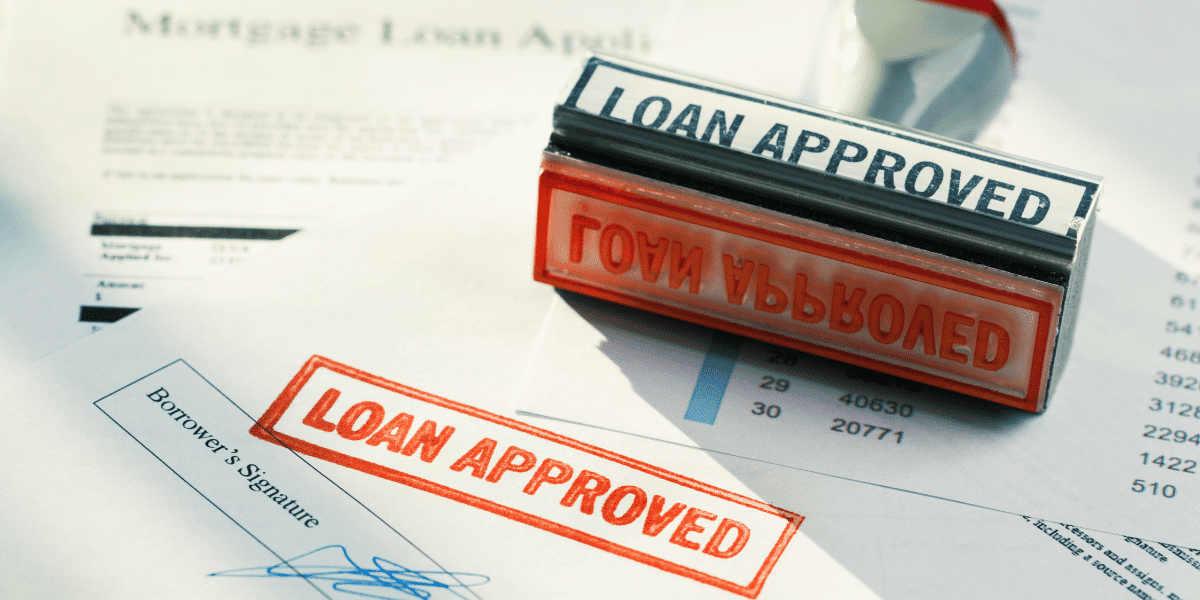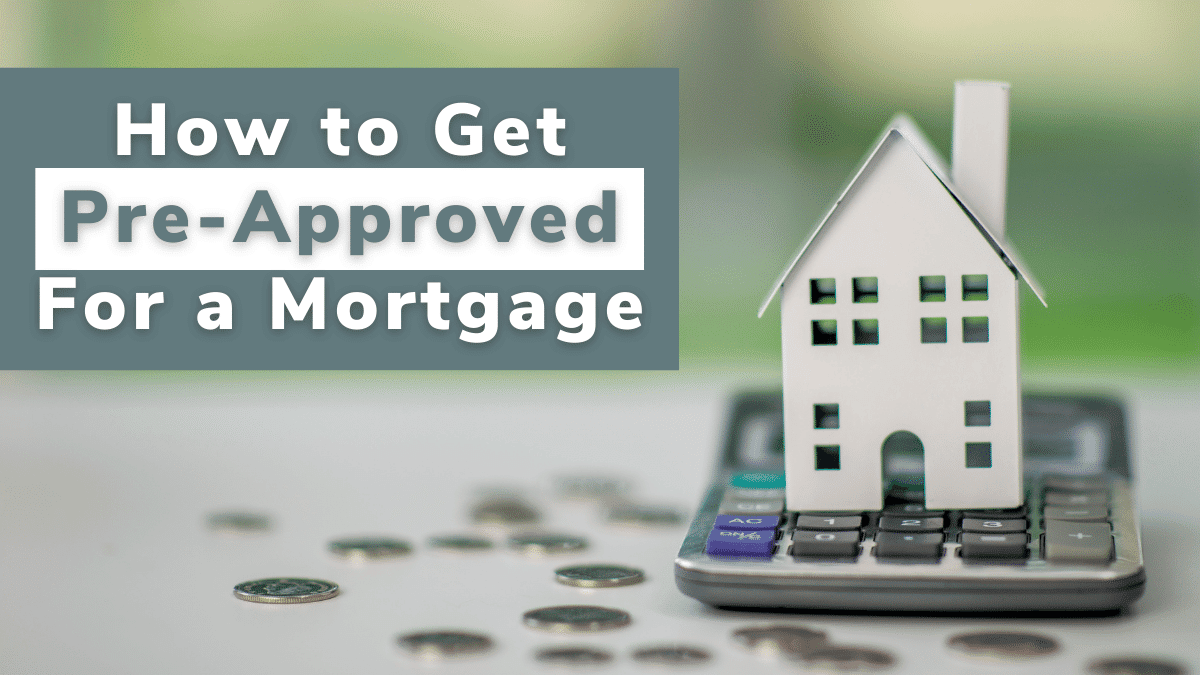Getting Pre-approved for a Mortgage
The first step to buying a home begins with figuring out how much house you can afford. To be pre-approved for mortgage financing, you will need to disclose information about your income, employment, and financial records.
In the world of home buying, a mortgage pre-approval is the lending institution saying that you can go out and buy a home, so long as it fits into the parameters outlined in your pre-approval letter. A mortgage pre-qualification, however, simply means that you may be able to buy a home, but will still need approval after you find the property you wish to buy.
Pre-qualification letters can help you get on the path to homeownership, but it doesn’t guarantee you will be able to get the job done. You can move quickly with pre-approval letters. This lets home sellers and real estate agents know that you are serious about purchasing a home and are able to do so.
Is pre-qualified the same thing as pre-approved?
If you aren’t sure if your finances are ready to purchase a home, pre-qualification can be a great first step. Pre-qualification for a mortgage is often based on an informal assessment of your financial situation.
The lender will ask you about your credit, debt, income, assets and other financial information. This will allow them to estimate whether or not you are eligible for a mortgage. Because this will only be a “soft pull” on your credit, it should not impact your score.
If you get the pre-qualification, then you will need to proceed with getting pre-approved once you get under contract on the house you want to buy. A lender will pull your credit report and review documents to verify your income, assets, and debts during the mortgage pre-approval process. You can skip pre-qualification if you are confident in your credit and financial ability to purchase a home.
A mortgage pre-approval refers to an offer from a lender to lend you a specific amount at certain terms. After a certain period of time, such as 90 day, the offer is void.
Getting pre-approved still does not guarantee that you will get a loan. The mortgage can still be denied. To ensure that you don’t pay more for your home than it is worth, a home appraisal must be done before a loan can be closed. If your financial situation changes between pre-approval and closing, the lender may withdraw its offer.
You should not apply for new credit or make large purchases after being pre-approved for a mortgage.
What is a pre-approval letter?
Your mortgage lender will issue you a preapproval letter once you have been pre-approved. The pre-approval letter will include information about the loan amount and type. Pre-approval letters are sent to real estate agents and home sellers to confirm that you can afford to purchase a home. If you are buying a condo, the letter can be sent to the building management, if necessary.

How to get pre-approved for a loan home
- Get your credit score now. Before you reach out to a lender, it is important to know where you stand concerning your credit score. It is recommended that you have a credit score of at least 620. Higher credit scores will allow you to qualify for lower rates. A credit score of 740 and above is generally sufficient to be eligible for the best mortgage rates.
- Examine your credit history. Get copies of your credit reports and make any corrections. Many credit reports contain errors that can stop you from being approved. Before applying, you should work with creditors to resolve any delinquent accounts.
- Calculate your debt-to-income ratio. Your debt-to-income ratio, or DTI, is the percentage of gross monthly income that goes toward debt payments. This includes credit cards, student loans and car loans. Lenders prefer borrowers who have a DTI below 36%, including the mortgage. Sometimes a lender may approve a higher DTI.
- Collect income, financial account, and personal information. This includes Social Security numbers, current addresses, and employment details for both you and your co borrower (if you have one). Also, you will need information about your bank and investment accounts and proof of income. To get a mortgage pre-approval letter, you will need your W-2 tax form as well as 1099s for additional income sources. While two years continuous employment is preferable, there are exceptions. For self-employed applicants, you will need to supply two years of income tax returns. You will need to provide a paper trail if your down payment is coming from a gift or sale of an asset.
In Closing
You should contact more than one lender when looking for a mortgage. Comparing rates and fees from different lenders can help you save thousands of dollars over a 30-year mortgage. Your credit score shouldn’t be affected by the process of getting pre-approved for a mortgage. FICO, the U.S.’s largest credit scoring company, suggests that you limit your mortgage pre-approval applications to a 30-day period.
This process is just one more reason to choose the right real estate agent when buying a home. Your realtor can help you through this process as they have done it hundreds of times before. Don’t ignore one of your most valuable assets.









